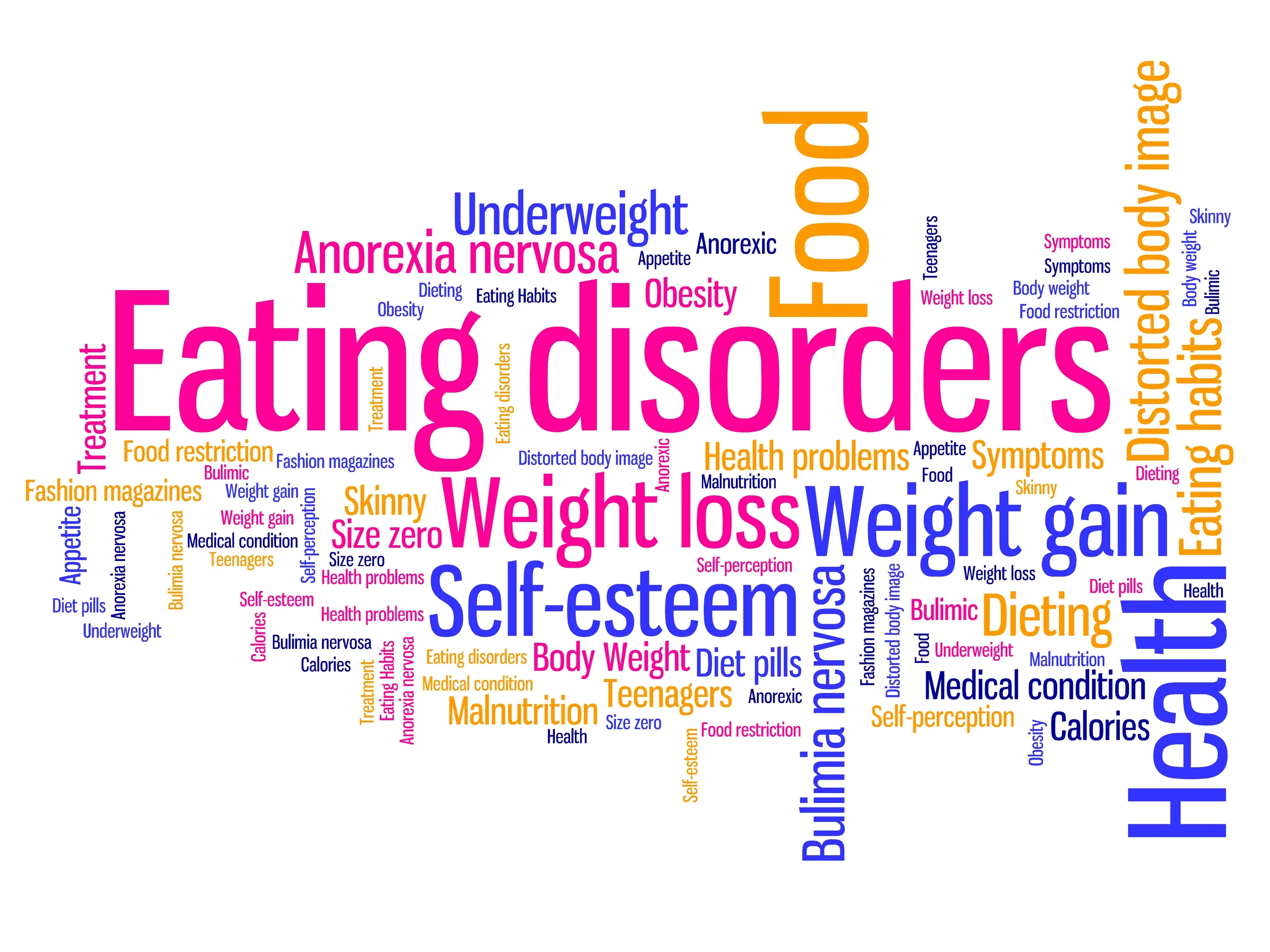Can Eating Disorders be Cured?
Sometimes
Management focuses on addressing underlying psychological and emotional factors, improving eating habits, and promoting overall well-being; outcomes vary, and recovery may involve ongoing support and treatment

What is Eating Disorders?
Eating disorders are mental health conditions characterized by unhealthy eating behaviors and attitudes toward food and body weight. Common types include anorexia nervosa, bulimia nervosa, and binge-eating disorder. Treatment involves a multidisciplinary approach, including therapy, nutritional counseling, and medical monitoring.

Clinical Aspects

Characteristics
Mental health conditions characterized by abnormal eating behaviors, often associated with body image concerns

Symptoms
Anorexia nervosa: severe weight loss, restricted food intake; Bulimia nervosa: binge eating followed by purging; Binge eating disorder: excessive food consumption without purging

Diagnosis
Clinical evaluation, psychological assessments

Prognosis
Variable; depends on the type and response to treatment

Complications
Nutritional deficiencies, complications of untreated disorders
Etiology and Treatment

Causes
Complex interplay of genetic, environmental, psychological, and societal factors

Treatments
Psychotherapy, nutritional counseling, medical and psychiatric support

Prevention
Psychotherapy, nutritional counseling, medical and psychiatric support
Public Health and Patient Perspectives

Epidemiology
Disorders involving abnormal eating patterns and attitudes towards food

Patient Perspectives
Multidisciplinary approach for addressing physical and mental health
Remember, the information provided here is intended for general knowledge purposes and may not apply to every individual case. To ensure you have accurate information relevant to your specific situation, always consult with a healthcare professional.
Share: